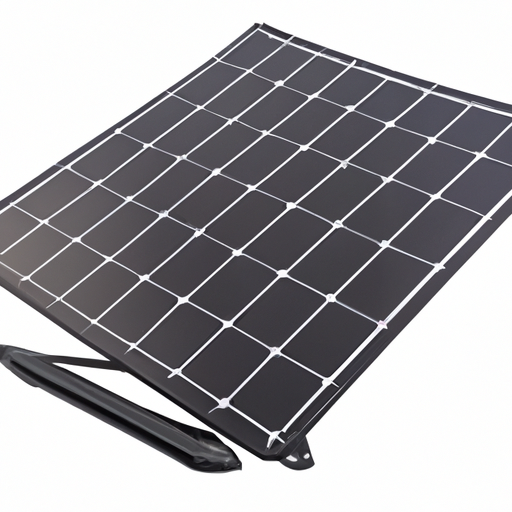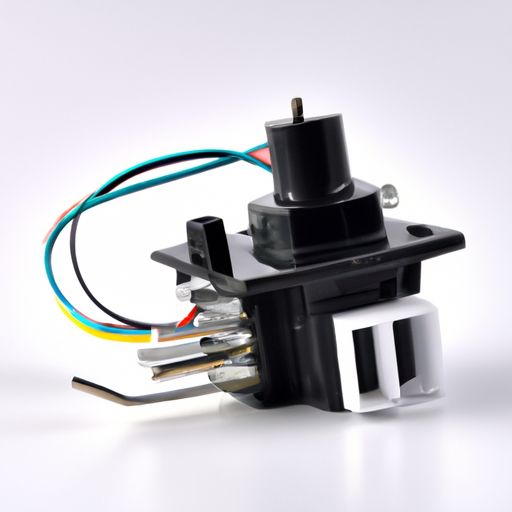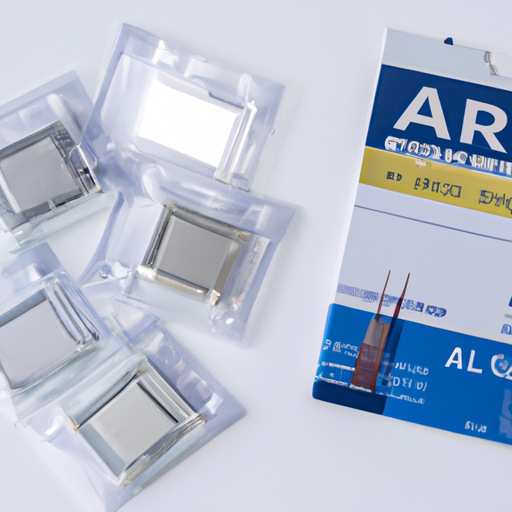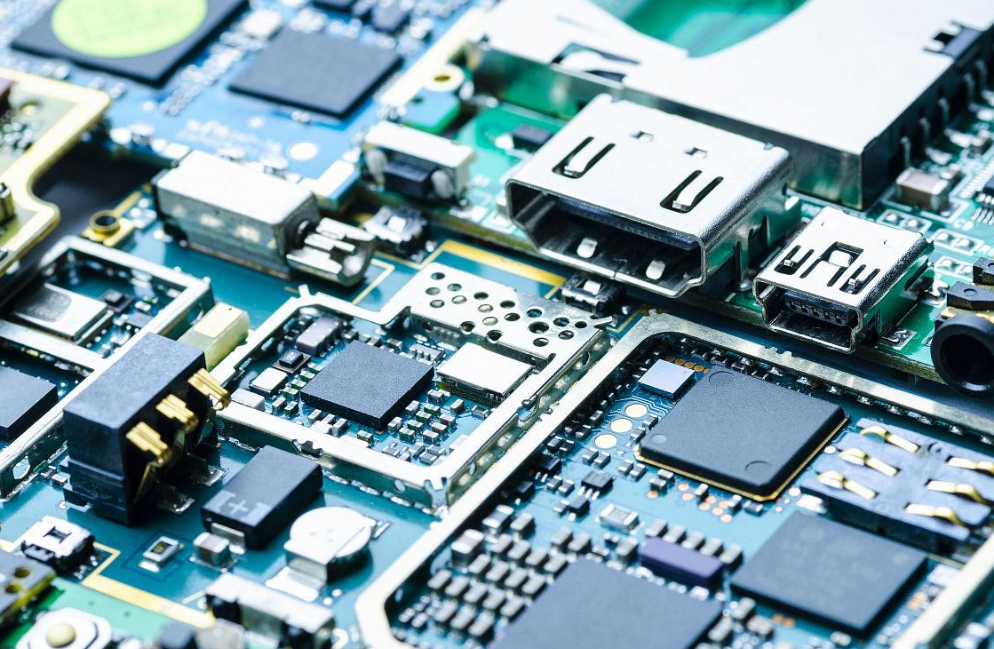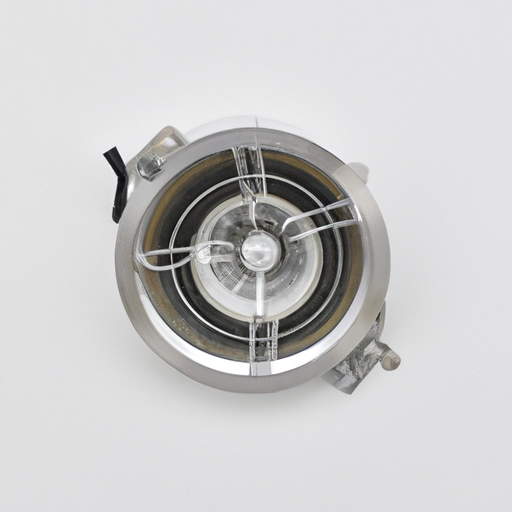What Industry Product Does the 20W Flexible Series Solar Panel Belong To?
I. Introduction
Solar panels have become a cornerstone of renewable energy solutions, harnessing the sun's power to generate electricity for various applications. Among the diverse range of solar products available, the 20W flexible series solar panel stands out due to its unique characteristics and versatility. Understanding the industry product category to which this solar panel belongs is crucial for consumers, businesses, and environmental advocates alike. This blog post will explore the features, applications, and market relevance of the 20W flexible series solar panel, shedding light on its role in the renewable energy landscape.
II. Understanding Solar Panels
A. Types of Solar Panels
Solar panels can be broadly categorized into three main types: monocrystalline, polycrystalline, and thin-film.
1. **Monocrystalline** panels are made from a single crystal structure, offering high efficiency and a sleek appearance. They are often more expensive but provide better performance in limited space.
2. **Polycrystalline** panels consist of multiple crystal structures, making them less efficient than monocrystalline panels but more affordable. They are recognizable by their bluish hue and are commonly used in residential installations.
3. **Thin-film** panels are made from a variety of materials, including cadmium telluride and amorphous silicon. They are lightweight and flexible, making them suitable for a range of applications, including the 20W flexible series solar panel.
B. Introduction to Flexible Solar Panels
Flexible solar panels are a subset of thin-film technology, characterized by their lightweight and bendable nature. These panels are typically made from materials like organic photovoltaics or amorphous silicon, allowing them to be integrated into various surfaces and applications.
1. Definition and Characteristics
Flexible solar panels are designed to be lightweight and portable, making them ideal for applications where traditional rigid panels would be impractical. Their ability to conform to different shapes and surfaces opens up new possibilities for solar energy utilization.
2. Advantages of Flexible Solar Panels
The advantages of flexible solar panels include their lightweight design, ease of installation, and versatility. They can be used in a variety of settings, from residential rooftops to outdoor adventures, and can be easily transported and set up in remote locations.
III. The 20W Flexible Series Solar Panel
A. Specifications and Features
The 20W flexible series solar panel is designed to provide a reliable power source in a compact form factor.
1. Power Output
With a power output of 20 watts, this panel is suitable for charging small devices, powering lights, and supporting off-grid applications.
2. Size and Weight
Typically, the 20W flexible solar panel measures around 40 inches in length and 20 inches in width, weighing approximately 2-3 pounds. This lightweight design makes it easy to carry and install.
3. Material Composition
The panel is usually made from high-efficiency solar cells encapsulated in a durable, weather-resistant material, ensuring longevity and performance in various environmental conditions.
B. Applications of the 20W Flexible Solar Panel
The versatility of the 20W flexible solar panel allows it to be used in a wide range of applications:
1. Portable Power Solutions
This solar panel is ideal for outdoor enthusiasts who need a reliable power source for camping, hiking, or backpacking. It can charge devices like smartphones, tablets, and portable batteries.
2. Off-Grid Applications
For those living in remote areas or seeking to reduce their reliance on traditional power sources, the 20W flexible solar panel can be integrated into off-grid systems, providing essential electricity for lighting and small appliances.
3. Integration with Recreational Vehicles (RVs) and Boats
The lightweight and flexible nature of this solar panel makes it perfect for installation on RVs and boats, where space is limited. It can help power onboard systems, enhancing the overall experience of outdoor adventures.
IV. Industry Product Categories
A. Renewable Energy Sector
1. Overview of the Renewable Energy Market
The renewable energy market has seen significant growth in recent years, driven by the need for sustainable energy solutions. Solar energy, in particular, has become a leading source of renewable power, with solar panels playing a crucial role in this transition.
2. Role of Solar Energy in the Renewable Sector
Solar energy contributes to reducing greenhouse gas emissions and dependence on fossil fuels. The 20W flexible series solar panel fits into this sector by providing a portable and efficient solution for harnessing solar power.
B. Consumer Electronics
1. Use in Portable Devices
The 20W flexible solar panel can be integrated into consumer electronics, providing a sustainable power source for devices like smartphones, tablets, and portable speakers.
2. Integration with Smart Technology
As smart technology continues to evolve, the demand for sustainable power solutions increases. The 20W flexible solar panel can be used to power smart devices in remote locations, enhancing their functionality and usability.
C. Outdoor and Recreational Products
1. Camping and Hiking Gear
The outdoor recreation industry has embraced solar technology, with products like the 20W flexible solar panel becoming essential gear for campers and hikers. It allows users to stay connected and powered up while enjoying nature.
2. Marine Applications
In the marine industry, the 20W flexible solar panel can be used to power navigation systems, lights, and other essential equipment on boats, providing a reliable energy source while at sea.
V. Market Trends and Innovations
A. Growth of the Flexible Solar Panel Market
The flexible solar panel market is experiencing rapid growth, driven by advancements in technology and increasing consumer demand for portable energy solutions. As more people seek sustainable options for their energy needs, the popularity of flexible solar panels continues to rise.
B. Technological Advancements
1. Efficiency Improvements
Recent innovations in solar cell technology have led to increased efficiency in flexible solar panels, allowing them to generate more power in smaller sizes.
2. Durability and Weather Resistance
Manufacturers are also focusing on improving the durability and weather resistance of flexible solar panels, ensuring they can withstand harsh environmental conditions while maintaining performance.
C. Environmental Impact and Sustainability
The shift towards flexible solar panels aligns with global sustainability goals, as they offer a cleaner alternative to traditional energy sources. By harnessing solar power, consumers can reduce their carbon footprint and contribute to a more sustainable future.
VI. Challenges and Considerations
A. Limitations of Flexible Solar Panels
1. Efficiency Compared to Rigid Panels
While flexible solar panels offer many advantages, they generally have lower efficiency compared to rigid panels. This means that users may need more surface area to generate the same amount of power.
2. Cost Considerations
Flexible solar panels can also be more expensive to produce, which may impact their affordability for some consumers. However, as technology advances, prices are expected to decrease.
B. Installation and Maintenance
1. Ease of Installation
One of the key benefits of flexible solar panels is their ease of installation. They can be adhered to various surfaces without the need for complex mounting systems.
2. Long-Term Maintenance Needs
While flexible solar panels require minimal maintenance, users should regularly check for dirt and debris that may affect performance. Ensuring proper care can extend the lifespan of the panel.
VII. Conclusion
The 20W flexible series solar panel represents a significant advancement in solar technology, offering a versatile and portable solution for harnessing solar energy. Its applications span various industries, from outdoor recreation to consumer electronics, highlighting its relevance in today's market. As the demand for sustainable energy solutions continues to grow, the future outlook for flexible solar technology remains promising. Embracing solar energy not only benefits individual users but also contributes to a more sustainable and environmentally friendly world.
VIII. References
1. National Renewable Energy Laboratory (NREL). (2023). "Solar Panel Technology Overview."
2. International Energy Agency (IEA). (2023). "Renewable Energy Market Report."
3. Solar Energy Industries Association (SEIA). (2023). "Solar Industry Research Data."
4. Various articles and studies on flexible solar panel technology and applications.
This blog post provides a comprehensive overview of the 20W flexible series solar panel, its industry relevance, and its applications across various sectors, emphasizing the importance of solar energy in the modern world.

